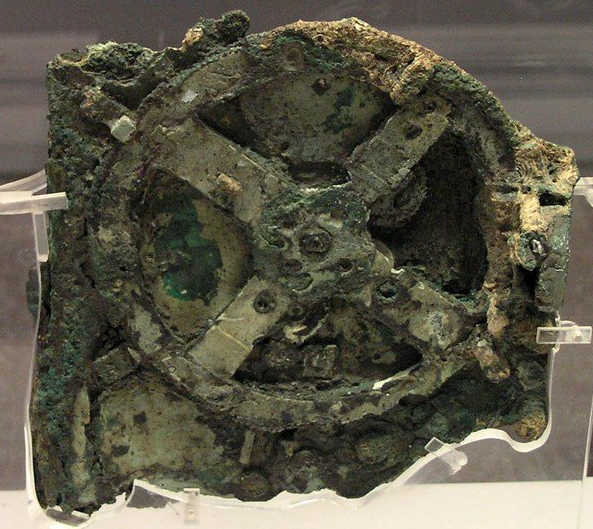My first scope was an 8" Orion Dobsonian, and I loved it for its ease of use, but as mentioned by StarEcho, it was a real beast to store! The thing was
huge.
Still, it was a great design. Personally I prefer wide-angle, large aperture, light gathering scopes over high power, smaller aperture models. It's much easier to find what you're looking for when magnification isn't the goal, and you can always get a Barlow lens if you need to zoom in a bit.
Another advantage of the light gathering design is that you can view objects that are further away or very faint. Magnification will only get you so far, unless you're doing your viewing from the desert with zero light pollution, then magnification is great!
Later I replaced it with a smaller reflector on a standard tripod, but I was greatly disappointed with the results.
In the end I sold both scopes and gave up the hobby because even with a telescope, distant objects and planets tend to look only like
slightly larger white spots in the sky than they do without a scope at all.











































































